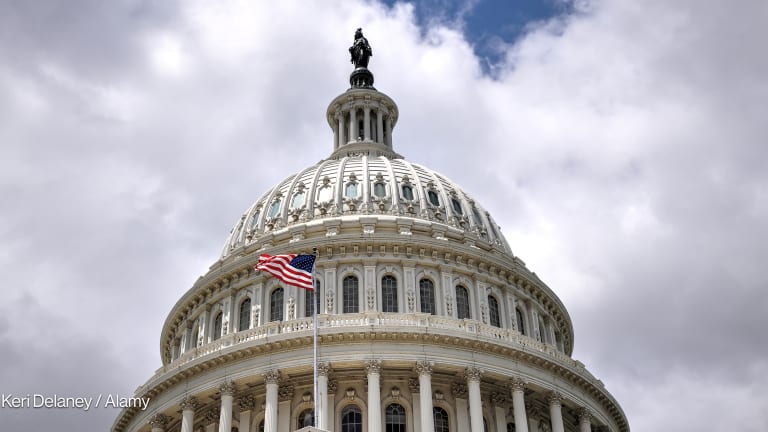
The U.S. Senate Foreign Relations Committee approved the International Pandemic Preparedness and COVID-19 Response Act on Wednesday, sending through an updated version of the bill that addresses some concerns from global health advocates.
The bipartisan bill elevates global health as a national security objective, discusses how the U.S. government’s pandemic response should be structured, proposes a new preparedness financing facility, and authorizes additional funding for preparedness.
What’s different: Among the most notable changes in the latest version of the bill is a funding increase from $3 billion to $5 billion over a five-year period — though it still falls short of what advocates sought.
Sign up for Devex CheckUp
The must-read weekly newsletter for exclusive global health news and insider insights.
Sen. Jeff Merkley, a Democrat from Oregon, asked at a hearing if the bill was ambitious enough, especially with regard to funding, and some lawmakers indicated they may be willing to consider additional appropriations later.
The bill was also changed to address concerns over the proposed pandemic preparedness facility’s management not being as inclusive as it should be. Lawmakers added text about the full engagement of donor governments, partner countries, and civil society, stripping away language stating that facility board members should be donors or selected by them. More detail was added about what the facility would do.
If the bill is made into law, President Joe Biden’s administration will have more flexibility to determine how the U.S. government’s pandemic response is structured, with some text detailing the roles of various federal departments and agencies removed in this version.
The bill also includes language supporting vaccine manufacturing and technology-sharing. Notably, it also prevents U.S. funding to the international COVAX initiative from going toward the purchase of vaccines produced by Chinese companies.
Why it matters: Debates are ongoing about how the U.S. should lead on global pandemic preparedness and response. The bill provides a road map, and its quick passage shows its importance to committee leadership.









